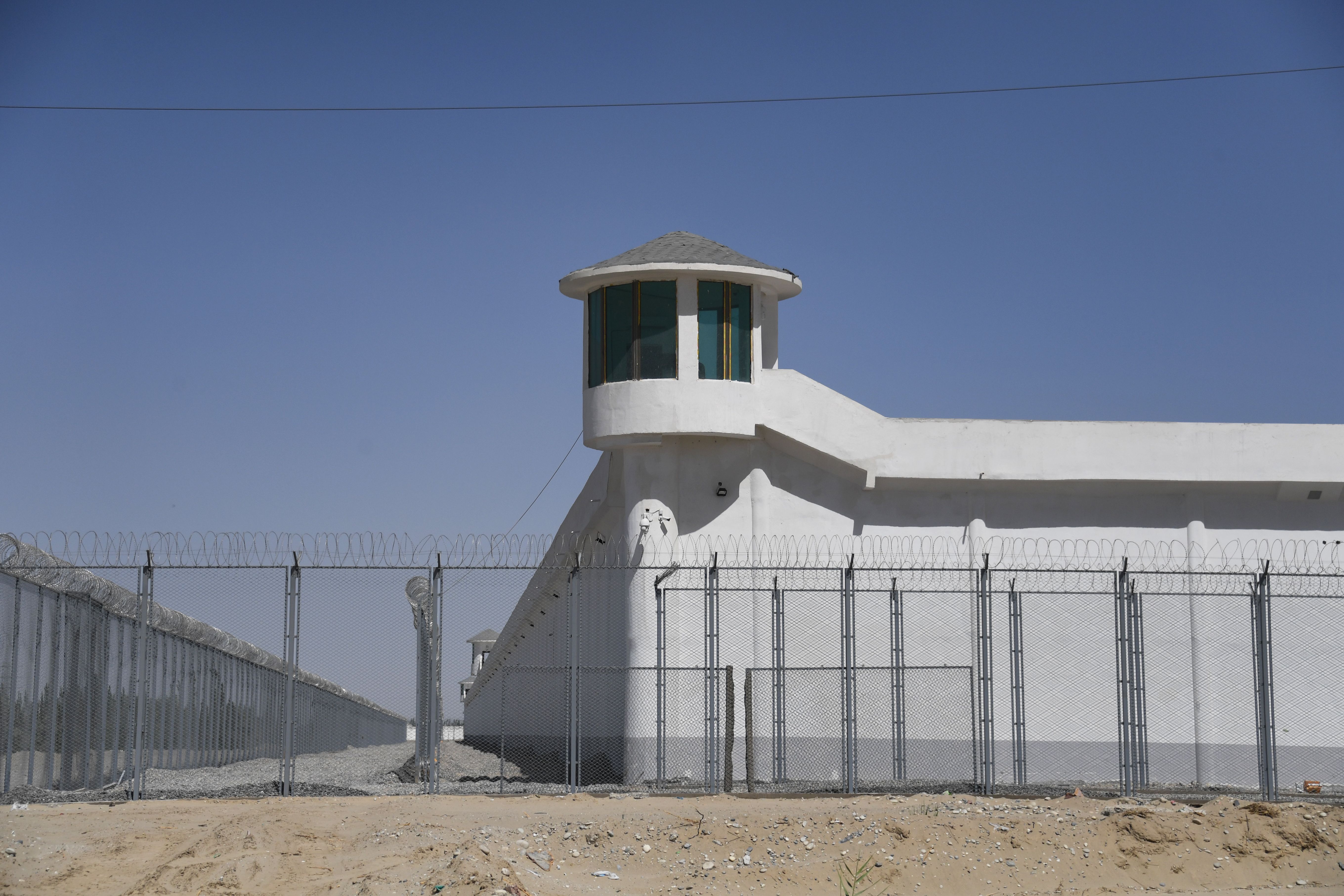The Washington Post touted China’s Communist Party as a way for citizens to better their lives Tuesday – but made no mention of the country’s oppression of Uighurs and other Muslim minorities.
The Post – which for years has profited from running Chinese government-funded propaganda inserts masquerading as news reports – published an article explaining how “Young Chinese” see the Communist Party “as a ticket to a better future.” (RELATED: Chinese, Russian Propaganda Lurking In Mainstream Media)
The article praised the regime, even noting that “Chinese who were complaining in February about the party’s coronavirus coverup reflect more positively on their experience now that they can see, through the American example, how much worse it could have been.”
The article continued on to claim that President Donald Trump and the administration may just be worried “about China eclipsing the United States.”
One portion of the article quoted “a professor at the Hunan provincial branch of the Communist Party School” who said that America clearly fears “a stronger Communist Party and a stronger China after we showed our might in the battle against the coronavirus epidemic.”
“Party membership means better education prospects and better jobs, more politically advantageous marriages and nicer apartments. For many, it is a ticket to a brighter future,” WaPo wrote, while making no mention of multiple reports alluding to forced Uighur labor in Xinjiang, China.
For Uighurs in China, the regime appears to be anything but “a ticket to a bright future,” according to many reports. A 2019 report from PBS News indicated that “at least 1 million Muslim minority Uighurs are held in Chinese government-run detention centers.”
A 2020 investigation from the Associated Press found that China is committing “demographic genocide” against the group through forced abortions, sterilizations and more.

This photo taken on May 31, 2019 shows a watchtower on a high-security facility near what is believed to be a re-education camp where mostly Muslim ethnic minorities are detained, on the outskirts of Hotan, in China’s northwestern Xinjiang region. (GREG BAKER/AFP via Getty Images)
The topic has prompted the U.S. to continue to impose sanctions over the human rights abuses – a move that has angered China. None of this is mentioned in the Post’s write-up praising the benefits of the party for its people who are deemed “ideologically pure” enough to join.
“The U.S. State Department has accused Chinese officials of subjecting Muslims to torture, abuse ‘and trying to basically erase their culture and their religion,'” Reuters previously reported. This accusation is avoided in the Post’s writeup.
The article instead cites multiple state media reports that show praise for China. It details the arduous process one must go through to become a party member, noting that an individual likely will not succeed without doing so.
Despite reports, China has denied mistreating Uighur Muslims, claiming that “the camps provide vocational training and are needed to fight extremism,” according to Reuters. (RELATED: WaPo, NYT Aiding China’s Global Propaganda Efforts, Watchdog Warns)
The U.S. government, American labor unions and others have called attention to the human rights issue, but the Post’s writeup appeared to forget the Uighurs as it cited Chinese state media to praise the party.


